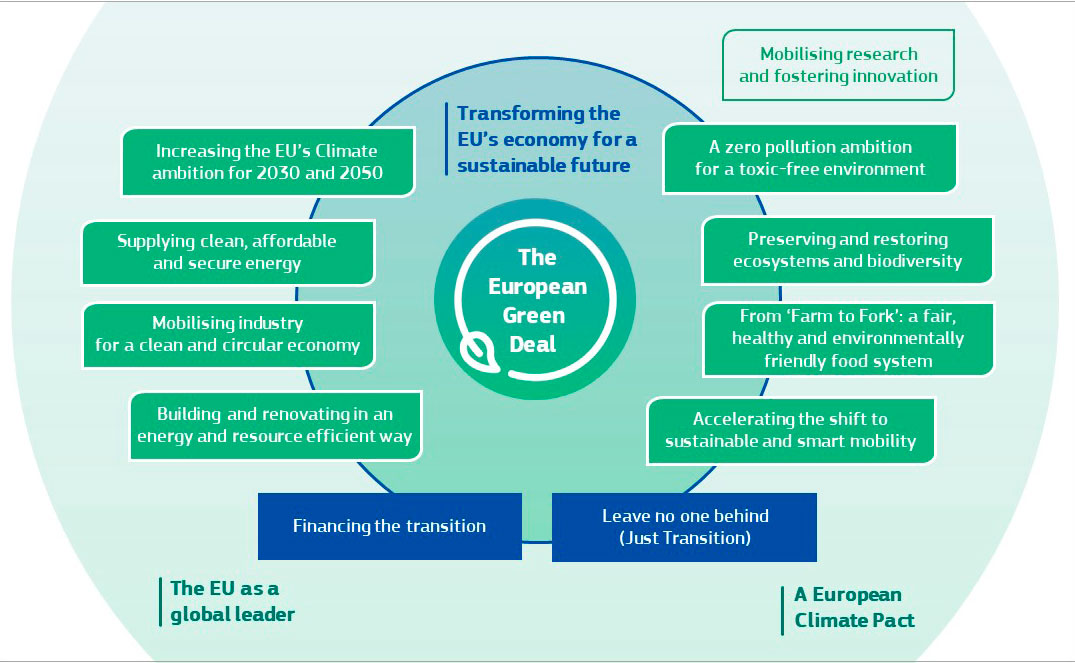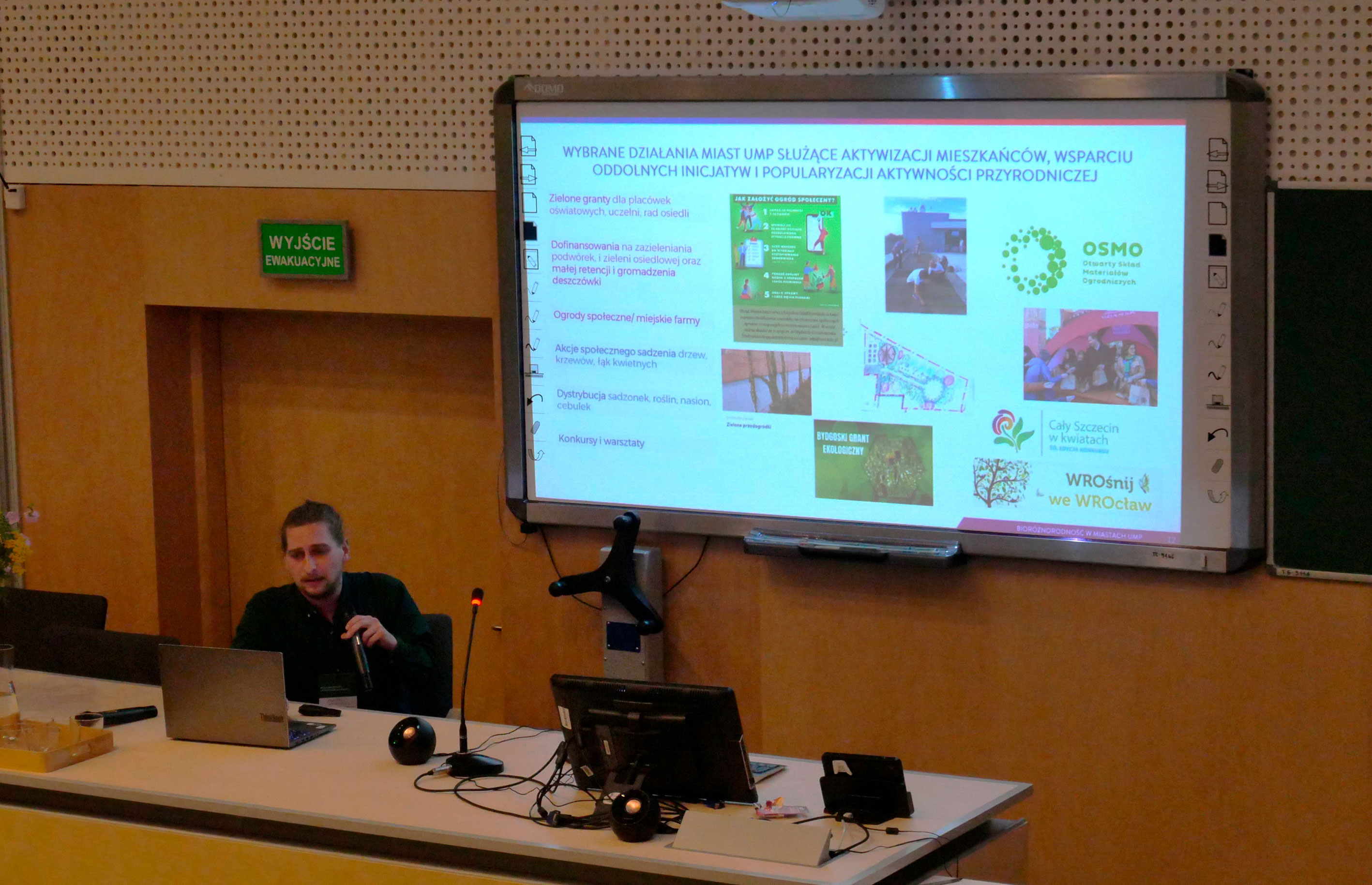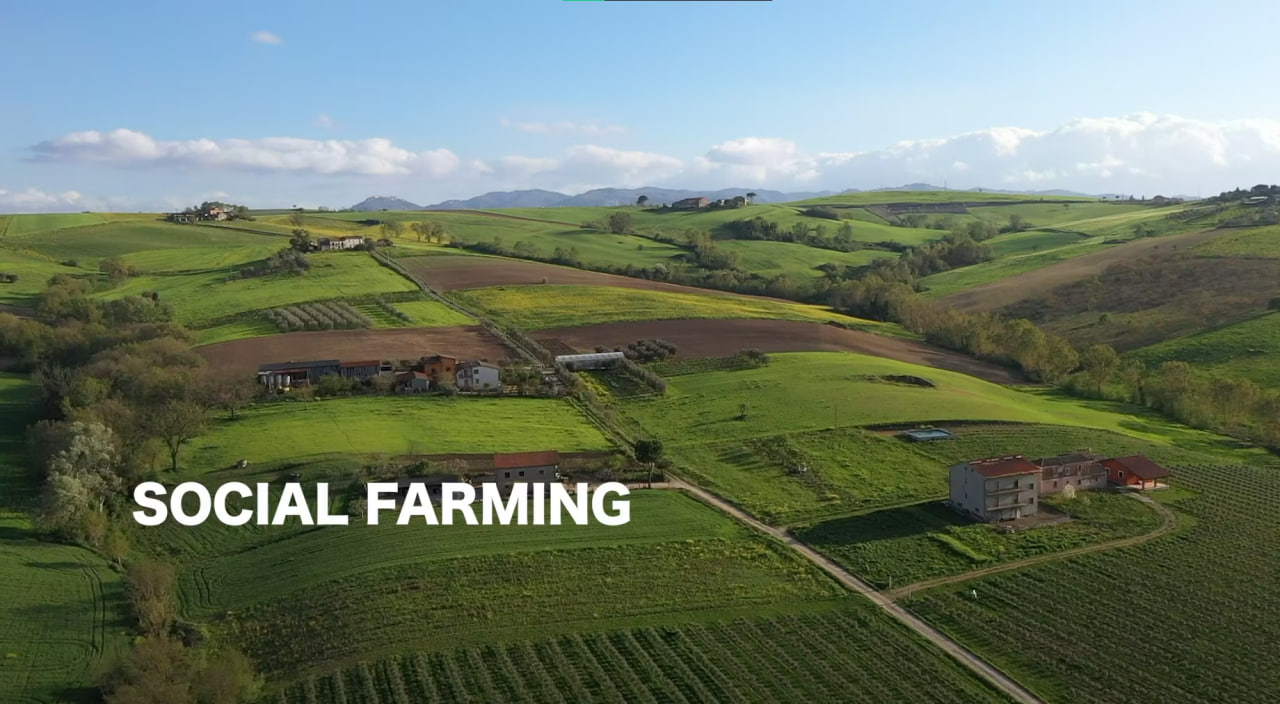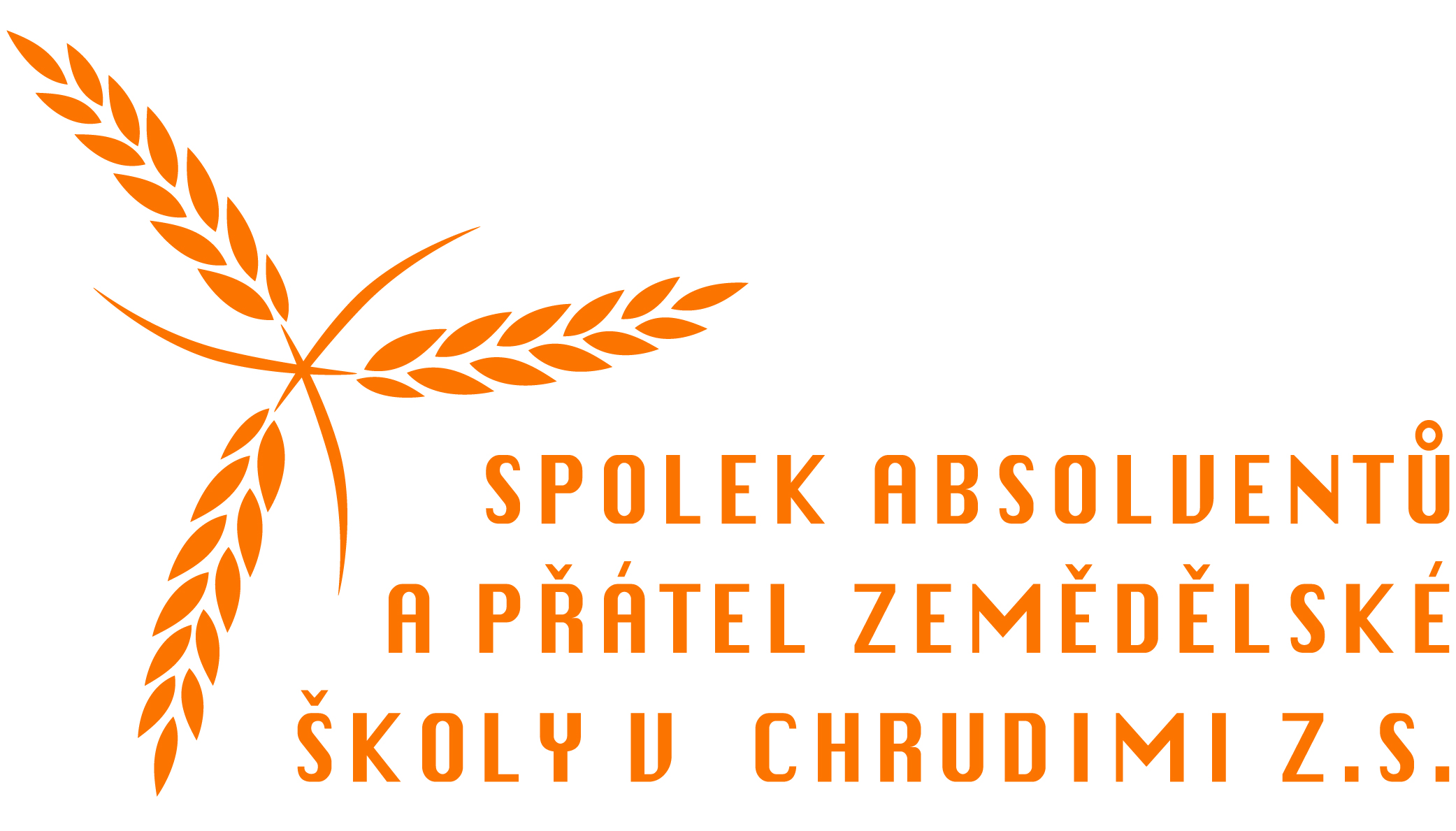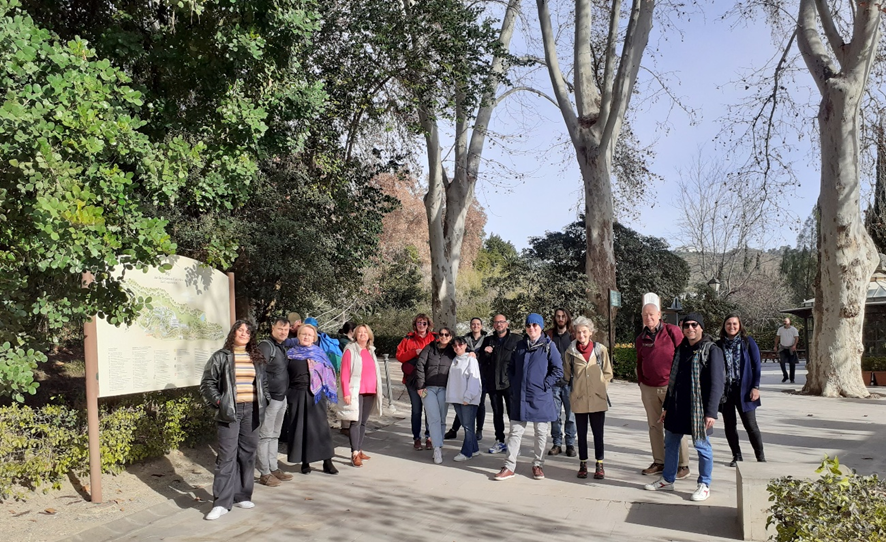
2025-02-28
Transnational Meeting in Malaga
The third transnational meeting of the Erasmus+ project European Urban Ecology Academy (EURECA) took place in Malaga, Spain, from 27 to 31 January, organised by Internet Web Solutions, one of the five consortium partners. During the meeting, an evaluation of the project implementation was conducted and preparations were made for the launch of the e-learning course on urban ecology, consisting of five modules covering the following topics: urban ecosystems, water, energy, waste and green cities. The meeting included guided visits to examples of good ecological practices and environmental sustainability initiatives in Malaga, as well as a visit to the International Training Centre for Authorities and Leaders, which operates under the United Nations Institute for Training and Research. There, discussions were held on the 2030 Sustainable Development Goals. One of the places visited was the Hotel Mariposa, whose facade is covered with a vertical hydroponic garden irrigated with recycled water. Located in the centre of Malaga, it is an example of the integration of natural principles into building architecture in an urban environment. Another place visited was Plaza Mayor, one of the best practices included in the EURECA course. During a morning visit, representatives of the partners consortium had the opportunity to explore in detail the gardens of this shopping centre. These gardens form a true ecosystem, combining a wide variety of plants and animals in a natural and sustainable approach, supported by an elevated level of technology. The Historical Botanic Garden La Concepción, north of Malaga and founded in 1855, was another site visited. The garden is home to more than 50,000 plants, including 3,000 tropical, subtropical and native species, and absorbs around 2,670 tonnes of CO2 per year. It is classified as a Site of Cultural Interest. In 2019, the garden hosted a meeting of the Ibero-Macaronesian Association of Botanic Gardens, where the Malaga Declaration on Climate Change will be approved.
Read More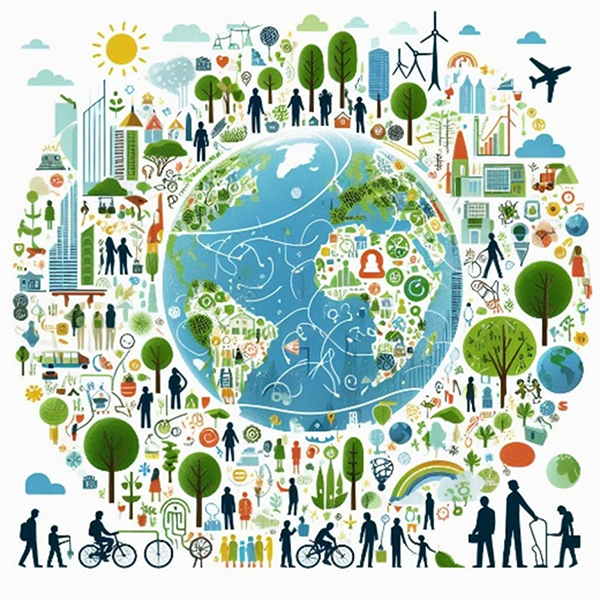
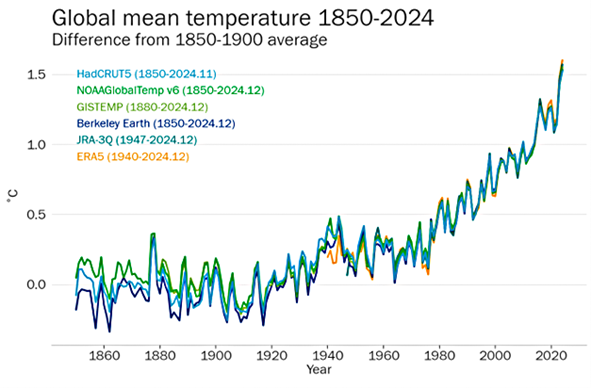
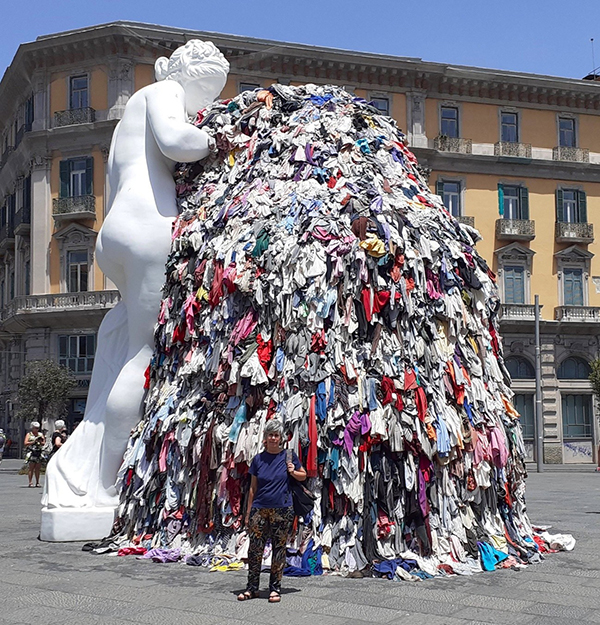
.jpg)
